Joint Statement against Radio Lockdown
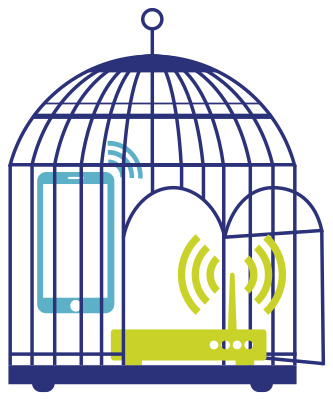
The Radio Lockdown Directive threatens users' rights and Free Software, fair competition, innovation, environment, and volunteering – without comparable benefits for security. Many organisations and companies are joining up in proposing measures to EU institutions and EU member states to avoid these negative implications while keeping the Directive's goal intact. Please also read our in-depth and constantly updated analysis.
Avoid Radio Lockdown risks – protect security and innovation
More and more devices connect to the Internet and each other using wireless and mobile networks. These include countless devices such as routers, mobile phones, WiFi-cards and laptops. All of them, as well as all Internet-of-Things devices, today and in the future, fall under the regulation of the Radio Equipment Directive 2014/53/EU (hereinafter ‘the Directive’), adopted in May 2014 by the European Parliament and the European Council. The main purposes of the Directive are harmonisation of existing regulations, improving security of radio spectra, and protection of health and safety.
We support the general purpose of the Directive. However, we express our concerns over the far-reaching consequences of Article 3(3)(i) of the Directive, which require device manufacturers to check each device software's compliance in order to comply with the Directive.
Threats of Radio Lockdown
We believe such requirement has negative implications on users' rights and Free Software, fair competition, innovation, environment, and volunteering – mostly without comparable benefits for security.
Article 3(3)(i) require device manufacturers to assess software for compliance with existing national radio regulations, a requirement which will keep users and companies from upgrading the software on devices they own, unless that software is assessed by the original manufacturer. This not only is a severe burden for device manufacturers themselves but also violating the customers' rights of free choice.
The requirement enshrined in Article 3(3)(i) will impact the freedom to conduct business of many companies relying on the abillity to provide alternative and Free Software firmware on devices. Alternative software is the foundation of many companies' products, and we should prevent economic disadvantages for these businesses.
Burdensome requirements to check every possible software's compliance will also have negative implications on innovation and charitable non-profit organisations who rely on software other than the manufacturers'. Efforts of volunteer associations helping people in need to connect to the internet, may be rendered void or severely handicapped.
Furthermore, alternative software on radio devices also promotes a sustainable economy. There are many devices still in working order which do not receive updates from the original manufacturers anymore, hence alternative software developed and improved by community efforts (such as Free Software) has a much longer support period which prevent users and customers having to dispose of still working equipment. In return, this also improves the security of users since older hardware still receives security updates after a manufacturer stops supporting those.
We are in favor of the Directive's aim to improve security of radio devices but not at the unbalanced expense of users' freedom and security in other areas. Firstly, upgrading the software of a device mostly helps increasing the devices' security. Secondly, we are convinced that such strict regulations are not necessary for typical consumer products with limited radio output power. And thirdly, we believe that such technical restrictions will not hinder people willingly violating applicable radio regulations.
Our Proposals
Therefore, we ask EU institutions and the Member States to take these concerns into consideration and ensure that the Directive does not place blanket, unnecessary and disproportionate restrictions on the rights of consumers and businesses when implementing the Directive into national legislations.
What we expect of EU institutions
We ask the European Commission to adopt delegated acts - as empowered by the European Parliament and Council (Art. 44) - which either
- make general exceptions for all Free Software not developed by the manufacturers of the respective radio equipment themselves but from other companies or individuals.
- do not shift the responsibility for the software's regulatory compliance from the users to the manufacturers when making changes to the default configuration. Software and hardware should not be treated differently in that respect.
What we expect of EU member states
We ask member state legislators to
- interpret the directive's provisions so that Free Software can still be installed on radio devices without discrimination, and users' rights are safeguarded. As pointed out in recital (19), third party software providers, such as Free Software projects, shall not be disadvantaged.
- make sure that small and medium-sized manufacturers will not be burdened disproportionally by being forced to assess each and every alternative software.
- make sure that users are not forced to install non-free software.
Signing Organisations and Companies
This statement has been signed by various organisations and businesses being concerned by the Directives consequences. Other organisations and companies are welcome to co-sign the letter. Please help us to raise awareness for this issue. To sign, please contact this campaign's manager.
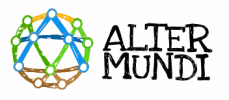 |
AlterMundi |
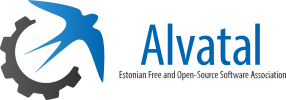 |
ALVATAL |
 |
ANSOL |
 |
Apollo-NG |
 |
brmlab |
 |
Chaos Computer Club |
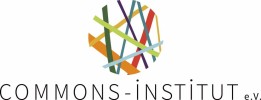 |
Commons-Institut |
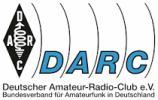 |
Deutscher Amateur-Radio-Club |
 |
Digitale Gesellschaft |
 |
Digineo GmbH |
 |
Digitalcourage |
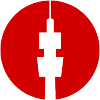 |
Do-FOSS |
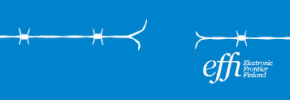 |
Electronic Frontier Finland |
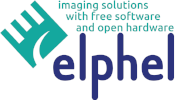 |
Elphel |
 |
French Data Network |
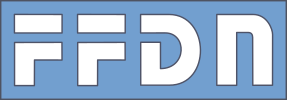 |
Fédération FDN |
 |
FHEM |
 |
Free Software Foundation Europe |
 |
freewave |
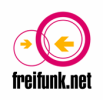 |
Freifunk |
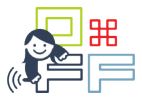 |
FunkFeuer |
 |
Funkring.net |
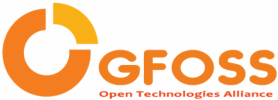 |
GFOSS |
 |
guifi.net Foundation |
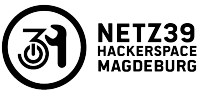 |
Netz39 |
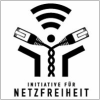 |
Initiative für Netzfreiheit |
 |
IN-Berlin |
 |
ISPA |
 |
kapper.net |
 |
La Quadrature du Net |
 |
Libre Space Foundation |
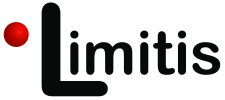 |
Limitis GmbH |
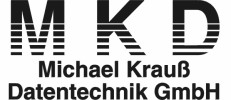 |
Michael Krauß Datentechnik GmbH |
 |
nemox.net |
 |
netCommons |
 |
NetHood |
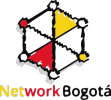 |
Network Bogotá |
 |
ninux |
 |
NURPA |
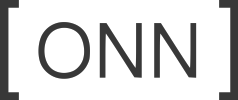 |
Offene Netze Nord |
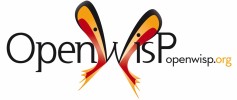 |
OpenWISP |
 |
Osmocom Project |
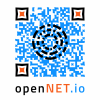 |
OpenNET.io |
 |
Opennet Initiative |
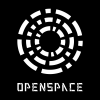 |
openspace |
 |
Pengutronix e.K. |
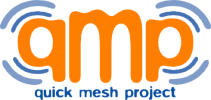 |
qMp |
 |
relix GmbH |
 |
Renewable Freedom Foundation |
 |
Replicant |
 |
sysmocom GmbH |
 |
Tanaza |
 |
The Finnish Amateur Radio League |
 |
ThinkPenguin |
 |
Toppoint |
 |
Vikings GmbH |
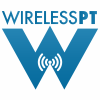 |
WirelessPT |
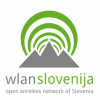 |
WLAN Slovenija |